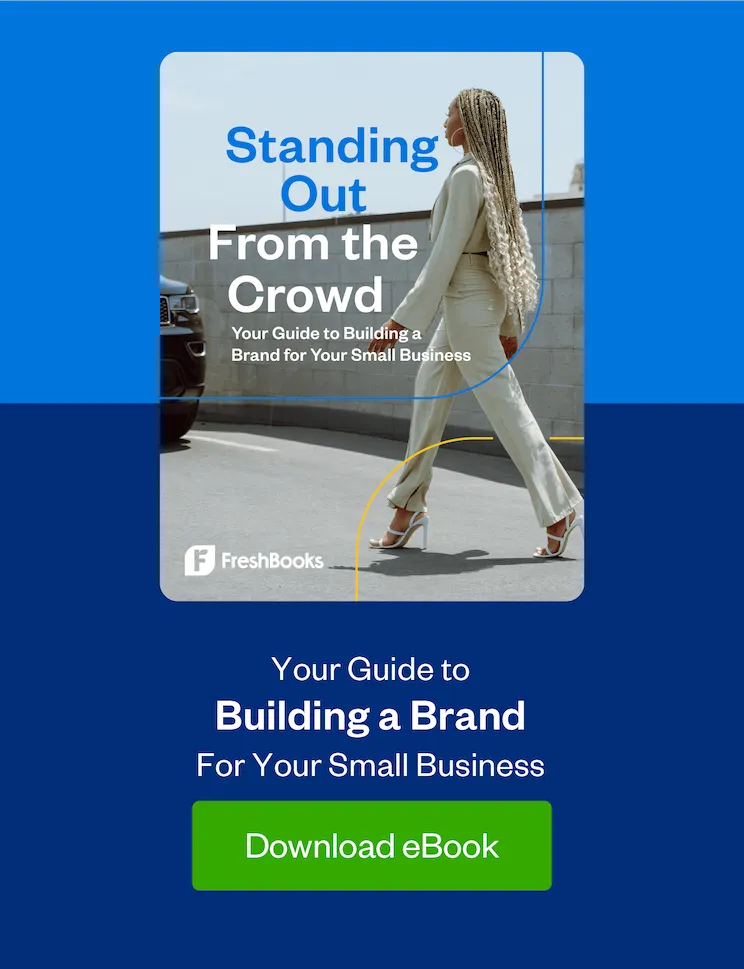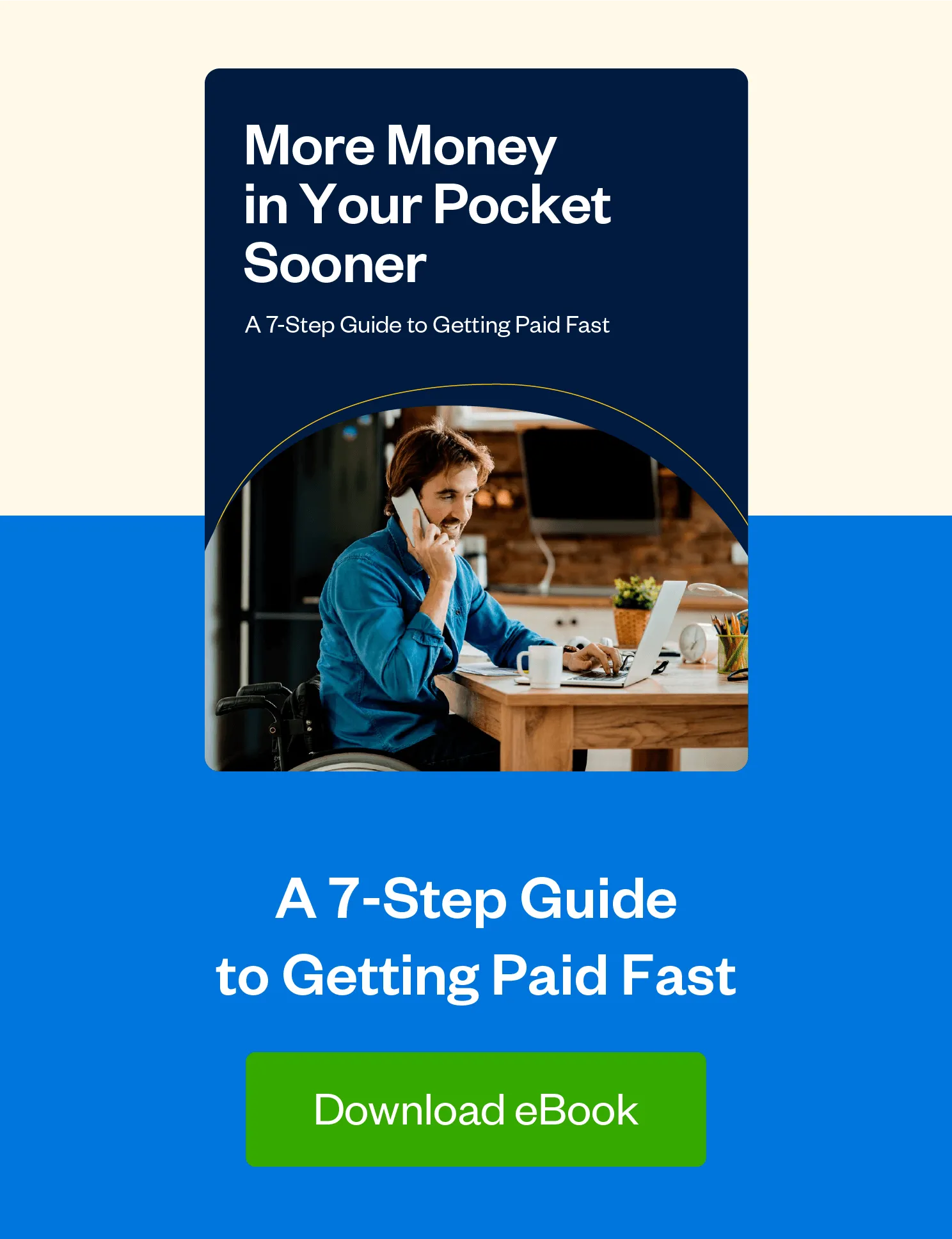Your small business story is a hero's journey. Share it online and you'll be amazed how it connects you with new and existing customers.

My first blog post was horrible. When I look back at it now, I wonder if it was written by a first grader. It was not my fault. After all, I was not trained as a writer, and had not written that much after college. It still amazes me today how far I have come in my hero’s journey. I am not an award-winning journalist, but I make a living from my writing. My success has as much to do with my story as my persistence.
For three years, I wrote on my blog every day. Slowly but surely I got better. Then, something changed. People believed my story about how I was a blogger. You see, at the beginning I was like every other amateur on the web. However, I continued to work on my craft and developed a story and style all my own.
So why am I telling you this? Because every business needs a story. Something that goes beyond the lowest price offer or the canned, “We provide good customer service.” My story is that I kept at it until people gave me an opportunity to write for them.
That led to other opportunities and now you’re hearing my voice in this article.
The biggest question I have for you is, what is your story? What is your voice? In a crowded market where 2 million blog posts are written every day, 500 hours of video are uploaded to YouTube, and 293,000 status updates are posted on Facebook every minute, you need a story that allows you to stand out from the crowd.
The Elements of the Hero’s Journey
Every great story has universal elements, from the hero, to the guide, to the challenge, to the great plan and the eventual resolution. This is as true in business as it is in the movies. That is because, as Park Howell says, “Our brain can only go 30 seconds without creating meaning in our environment, and our subconscious sees the context with curiosity.”
To do that, every hero’s journey story should have the following elements:
1. A Promise to Hook the Reader
Every story needs a promise that hooks the viewer. As film maker Andrew Stanton said, “All stories should start with a promise. Sometimes it’s as simple as ‘Once upon a time,'” Allow the audience to understand right away why they should want to listen to your story.
2. The Hero (Your Customer)
Naturally, every hero’s journey has a hero! What would Star Wars be without Luke Skywalker, or Hunger Games without Katniss Everdeen? Here is the catch when you tell your business story online. You are not the hero of the story. I know this might be massively disappointing, but stay with me here. You want your customers to listen to your business story. To do that, they need to create meaning, as we discussed earlier.
That requires people to picture themselves in your story. They do this best as the hero. Let them be the hero, because they will immerse themselves in your story.
If you do not think that every customer can be a hero online, look no further than Facebook. Mark Zuckerberg’s favorite word is immersive. That is because when people go onto Facebook, they immerse themselves in a world of their own making. A timeline that centers around their friends and connections. Posts that show people in their lives.
3. A Problem You’re Going to Solve
The biggest reason a person or company approaches your business online is because they have a problem. If they need to buy a property, they are looking to speak with a real estate agent. If they want to buy a bike, they check out a sports store.
For whatever reason, they have a gap in their life between where they are now and where they want to be. That is why, in your story, you need to lay out the problem and then show them how you can solve it.
4. A Guide Who Helps You Along the Way (That’s You!)
To solve their problem, you need to be the guide. We discussed above that you are not the hero of this story. Any great company is not the hero, but the guide. You must be the Gandalf, Yoda or Dumbledore that your customers need. The wise person who points the way.
Yes, your experience owning a business for decades is important. However, the heroes (your customers) want you to use that wisdom for their benefit. Otherwise, they see you as the evil sorcerer (Darth Vader, Sauron or Voldemort) who has the experience to help, but is in it for themselves. Part of this relies on creating a human connection with them. For this reason, Bryan Kramer says that business is not about B2B or B2C, but H2H (Human to Human). A guide cannot help the hero if the hero does not trust them.
Let’s take an example closer to home: FreshBooks is a great guide for small business owners. We help small business owners (our personal heroes) navigate the icky paperwork associated with running a business. With our blog, we also provide all kinds of resources for helping small business owners thrive. Gandalf, eat your heart out!

New Line Cinema
5. A Guide Strategy That’s Easy to Follow (Your Tool or Service)
Once you have gained their trust, you need to help them devise a strategy. Donald Miller from Storybrand says that you need a “simple plan (your) customers must follow.” They’re turning to a guide for a solution to the problem they face.
This goes to the essence of why you are in business. What problem do you solve for your customers? As long as you know that, you can help them with their story on a very primal level.
Again, let’s look at FreshBooks: Our hero customers went into business because they were passionate about their skill or service. But now they need a tool that helps them capture expenses, track time, send invoices and all that other pesky stuff. Enter FreshBooks! Hello, painless invoicing and accounting.
6. A Call to Action That Entices
Joseph Campbell, the author of The Hero with a Thousand Faces, said, “The big question is whether you are going to be able to say a hearty yes to your adventure.”
The challenge with any story is that sometimes the hero does not know what they want. As the guide, you not only provide them with a strategy, but help them say yes to their adventure with you. Especially online, where so much clutter exists, you need to not only tell them how you can help them with their problem, but also have a clear call to action (CTA).
This is why landing pages have higher conversion rates than sidebar email forms. The landing page has a clear CTA that the user can follow. The sidebar is one among many CTAs on the page.
7. A Success Conclusion
When you put together all of the elements we discussed above, the story can come to a successful conclusion (a sale).
Just remember that this is not the time to slip back into sales mode. The story should end similarly to how it started, by focusing on the hero. Remind them of the benefits and make the process natural to them.
Especially when selling online, this is not the time to make customers jump through hoops. Instead, make it extraordinarily simple. A good example of this is Amazon. Their one-click purchases and free delivery ideas are the stuff of legend.
They experience massive success because they allow their hero to see the benefits and quickly find success with their purchases.
The Power of Sharing Your Hero’s Journey to Connect People
Stories have this amazing way of connecting people. At a time when we are overwhelmed by the sheer number of blog posts, social media updates and videos, the right story captures our imagination. Thinking of your business story as a hero’s journey can do just that.
By using the formula discussed above, your company can add a loyal throng of heroic customers to your business. Just make sure that you guide them down a path where they can succeed with your services, and anything is possible.
In the meantime, let us know in the comments below how you plan on telling your business story online.
Webinar: From Shoestring to Scaling: Improve Your Marketing Strategy on Any Budget
about the author
Andy Nathan is the founder of Smart at the Start, a digital marketing strategy company that helps small businesses grow through bite-sized internet marketing services. He has successfully worked with hundreds of entrepreneurs in over 80 different industries over the past six years.

 9 Strategies to Gain a Competitive Edge
9 Strategies to Gain a Competitive Edge The Top 7 Reasons Why You Should Consider a Medium Blog for Business
The Top 7 Reasons Why You Should Consider a Medium Blog for Business Create an Online Freelance Profile That People Will Love in 6 Easy Steps
Create an Online Freelance Profile That People Will Love in 6 Easy Steps
![Standing Out From the Crowd [Free eBook]](https://www.freshbooks.com/blog/wp-content/uploads/2022/05/Standing-Out-From-the-Crowd_eBook-Blog-Hero-Image-226x150.png)





